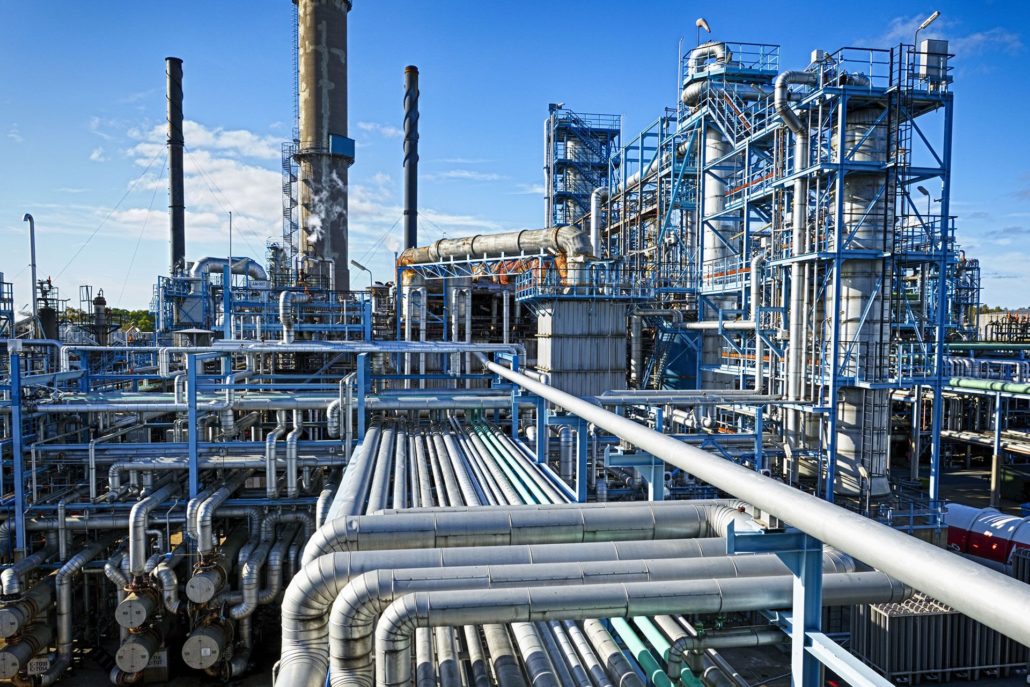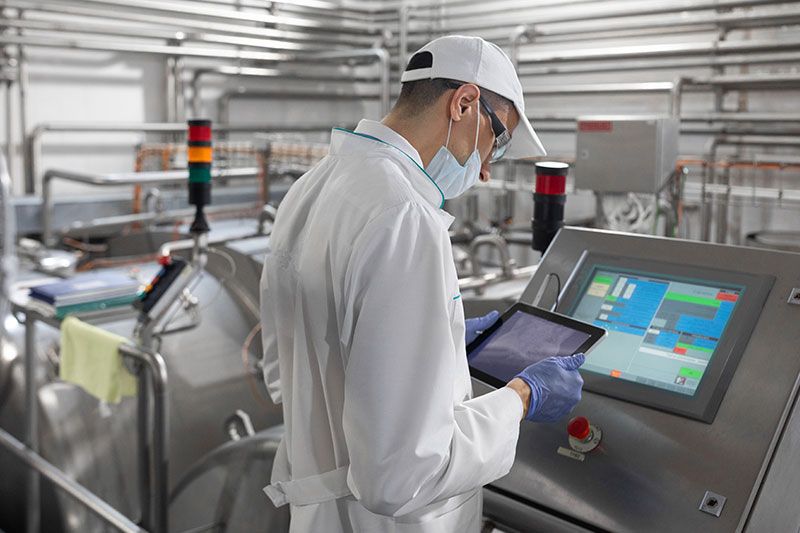The COVID impact on the chemical industry
The pandemic has had a major impact on the chemical industry, influencing trends already underway, sometimes in surprising ways, as illustrated by a recent study published by the company Deloitte. Communities and businesses have reversed their plans to adapt to ever-changing conditions.
"Times are changing"
As might be expected, the impact on the chemical sector is as varied as the sector itself.
Among the most significant trends:
- Growth of chemical production capacity: a significant trend because increased demand, has forced global chemical producers and integrated oil and gas operators, to constantly acquire new production capacities. However, several projects and capital flows prior to the pandemic have been withdrawn, but at the end of the health emergency, old pending projects might be revived.
- Accelerated energy transition: the electricity demand has fallen due to lockdown applied by governments, yet total production from renewable sources has remained at pre-crisis levels, with low electricity prices. Everything suggests a decisive acceleration of the electrical transition already underway.
- Consumers’ preferences for sustainable products: Overall, the pandemic has raised awareness of the close relationship between human health and planet health, thus leading to a continued push of consumers towards sustainable products.
- Society concern for environmental issues: Chemicals executives have realized that in order to have consumers’ support, it is necessary to reduce carbon emissions, one of the main factors behind the transition to a sustainable low-carbon future.
From a perspective view, however, the study highlights how companies involved in chemical sector must continue to develop three key skills.
The pandemic revealed the fragility of global supply chains, leading many companies to explore more "local" supply chains. The chemical industry has responded with great agility to these challenges, and will likely be called upon to do so again in the future. Companies that are able to quickly reorganize production lines and seamlessly adapt to the ecosystem, could benefit from enormous competitive advantages.
The second skill is the "variability" of costs (agility in response to need). For example, the ability to rapidly expand production and workforce in response to an unstable situation. The need to streamline operations and increase operational agility will likely continue to be important in the future as well.
Finally, continued advances in the digitization of operations could increase the competitiveness of companies. The ability to probe the market with modern techniques, applying artificial intelligence and other technologies to decision making, could reduce response times to critical market changes.


